On the Elected Representative School Board Campaign | 6.23.12
We are working with a coalition of many community groups (CODE) to get an ERSB on the November ballot as an advisory referendum. This is a non-binding referendum to gauge popular opinion at this time. We feel that the current school board needs changing and does not reflect Chicago public education stakeholders. We will be collecting signatures through the end of July. If you'd like more information, email us at info@ilraiseyourhand.org.
The Current CPS Board
In 1995, State legislation was passed to allow the Mayor of Chicago to appoint members to the Board of Education. Since then, Chicago schools have continued to lag:
As reported in the Chicago Tribune, a study from the University of Chicago Consortium on School Research found that decades of “reform efforts and programs targeting low-income families in Chicago Public Schools has only widened the performance gap between white and African-American students.” (Nov. 14, 2011)
Chicago is the only city in Illinois with an appointed school board. Other large cities, such as San Francisco, have well-rounded elected school boards comprised of school parents, educators, school parents, community members, and finance experts. Ninety-six percent of school districts in the nation have elected school boards.
Why it Matters
The “top down” decisions that the CPS Board of Education makes impact Chicago children and their parents on a daily basis. Here are a few examples:
Distribution of resources around the school district
Class size
Length of the school day
Selective and magnet school admission policies
Closing existing schools
Opening new schools (e.g., 60 new Charter schools planned for 2012-13)
Standardized testing requirements (types and frequency of tests)
Waiving State Physical Education requirements
What are the Benefits of an Elected School Board
An elected board could be comprised both of representatives from the community who experience the effects of decisions “on the ground” along with experts in the field, familiar with state-of-the-art methods in education. Here is a brief list of potential benefits:
Elected members consider community input; must devise civil methods for collecting information
Require positions for education experts to insure best practice policies for students are instituted
Comprise an elected school board of different groups for well-rounded decision making (e.g., community/parent, educators, policy/finance experts, etc.)
Include educators (among others) on the board
Elected school boards must increase transparency and accountability in their decision making process
The Steps to Make it Happen
The Illinois Legislature must pass a law to enact an elected school board again.
Sign a petition to get a referendum for an elected board on the November ballot, Volunteer to collect petition names, and
Tell your aldermen and State Reps to support an Elected School Board.
Additional References:
For more information on the history and benefits of an elected school board, refer to this 2011 report from the University of Illinois:
Lipman and Gutstein (2011). Should Chicago Have an Elected Representative School Board? A Look at the Evidence. University of Illinois at Chicago Collaborative for Equity and Justice in Education, Chicago.
